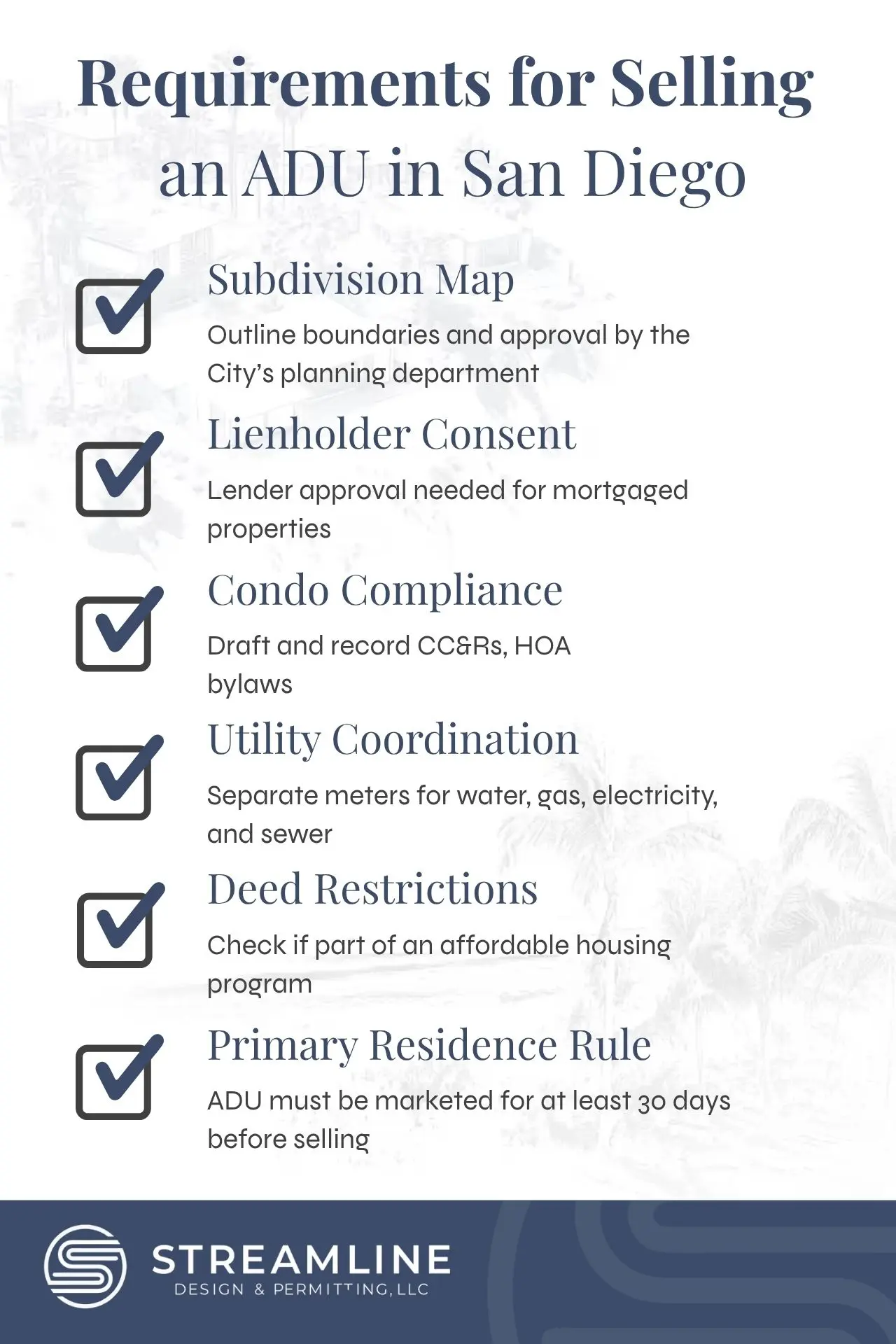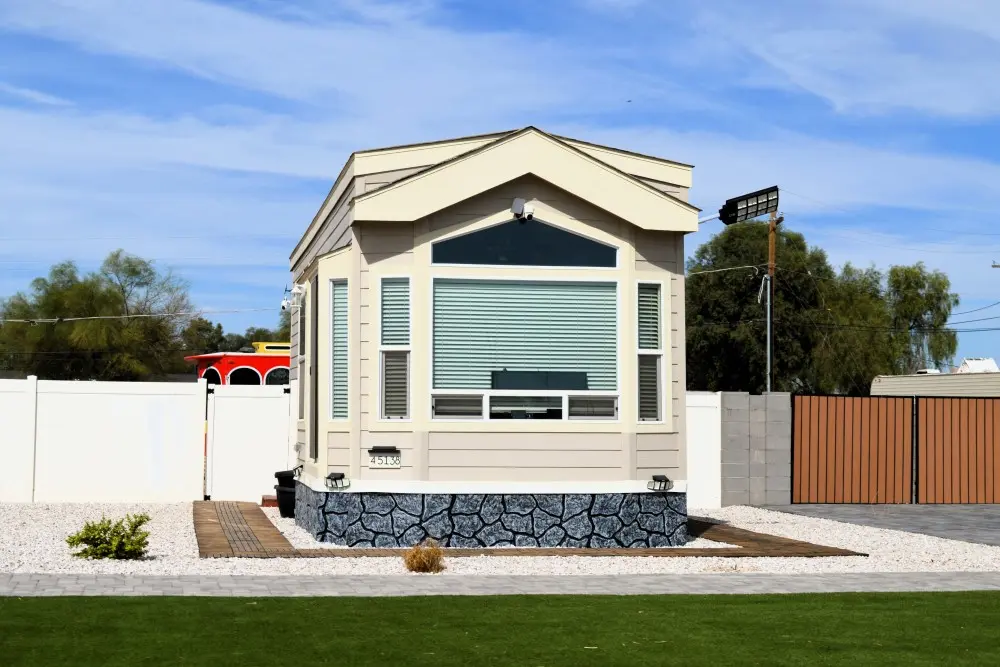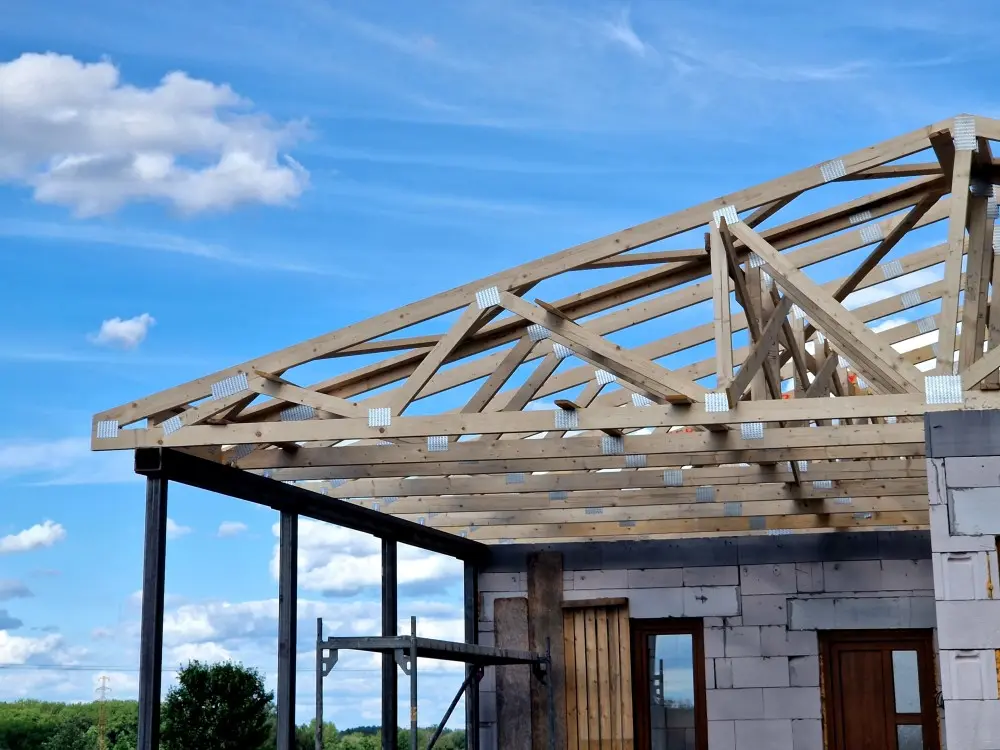California continues to face a growing housing demand, sparking new approaches from lawmakers and property owners alike. Homeowners are always looking for innovative ways to maximize their property's potential, and one of the most popular solutions is adding an accessory dwelling unit (ADU).
With the right design and permits, an ADU can significantly enhance a property’s value, but navigating the complex laws and regulations can be challenging and overwhelming. If you're considering designing an ADU for your property, understanding the latest legislation is key — especially if you're wondering how this change might impact your future real estate options. Here’s what you need to know.
What Is AB 1033?
California Assembly Bill 1033, signed into law in 2023, gives homeowners the ability to sell accessory dwelling units (ADUs) as separate properties. Previously, state law only allowed ADU sales if a qualified non-profit owned it. The new legislation opens the door for separate ADU sales, but cities and counties must choose to adopt AB 1033 before these sales are permitted.
While this creates an opportunity, homeowners must still comply with local zoning laws, lender requirements, and building codes.
Can You Sell an ADU in California?
The answer depends on local regulations. AB 1033 leaves the decision to individual cities and counties, meaning some jurisdictions may permit ADU sales while others may not. Until a city or county adopts AB 1033, ADUs cannot be sold separately.
For example, San Diego, San Jose, and Santa Monica have moved toward adoption, with San Diego allowing separate ADU sales through condominium conversions starting August 22, 2025.
Selling an ADU in San Diego Under California Assembly Bill 1033
San Diego is one of the first cities to implement AB 1033. The city allows homeowners to subdivide their ADUs and sell them as independent units. However, the process involves several legal and technical steps.
What Is Required for Selling an ADU in San Diego?
To sell an ADU in San Diego, homeowners must complete several legal steps:

- Subdivision map act: The ADU must undergo a formal subdivision process, including preparing a map that defines the boundaries of the separate units. This process requires approval from the City's planning department.
- Lienholder consent: If the property is mortgaged, lenders must approve the subdivision and ADU sale, a process that could involve additional conditions or refusal.
- Condo compliance and legal documentation: Homeowners must create a formal Condominium Plan and draft Covenants, Conditions & Restrictions (CC&Rs), which must be recorded with the County Recorder’s office.
- Utility coordination: The ADU must have separate utility access for water, gas, electricity, and sewer. This might require setting up separate meters or service lines.
- Deed restrictions: If the ADU is part of an affordable housing program (e.g., Bonus ADU Program), deed restrictions may prevent the sale. Homeowners must wait until the restriction period ends.
- Primary residence rule: The ADU must be marketed to buyers who will occupy it as their primary residence and be listed for at least 30 days before selling.
The Condo Conversion Process
To convert an ADU into a condominium, homeowners must follow these steps:
- Preliminary assessment: A land-use attorney or surveyor can assess whether the property meets zoning and code requirements for subdivision.
- Subdivision application: Homeowners must submit plans and legal documents for subdivision, including CC&Rs.
- Public report and final map: A public report and final condominium map must be recorded with the County Recorder’s office.
- Homeowners Association (HOA): If there are common areas (e.g., shared driveways), an HOA may need to be established.
Why Should Homeowners Consider Selling an ADU Separately?
AB 1033 opens up new opportunities for homeowners and developers. We’ve outlined a few reasons why selling an ADU separately might be beneficial:
1. Increased Property Value
Converting an ADU into a separate condominium may increase the property’s overall value. Homeowners may see a significant return on investment, especially in high-demand real estate markets.
2. Affordable Housing Options
Selling an ADU separately can help address California's affordable housing crisis by providing more affordable housing options in neighborhoods with limited space and high construction costs.

3. Flexible Property Management
Homeowners have more flexibility in managing their properties. Instead of renting the ADU, homeowners can sell it and recoup some of their investment. This is especially beneficial to owners who need liquidity or wish to diversify their assets.
How to Start the ADU Sales Process
If you’re an owner of a single-family home considering selling your ADU separately, these steps are crucial:
- Review local ordinances: Check whether your city or county has opted into AB 1033 and allows ADU sales. Be sure to understand local regulations, including building codes and zoning laws.
- Consult your lender: Speak with your mortgage lender to ensure approval for subdividing the property and selling the ADU. Selling the ADU separately may result in separate property taxes for each unit.
- Hire a surveyor or land-use attorney: Lean on a professional who can help you navigate the condo mapping and subdivision process.
- Talk to a real estate agent: A real estate professional can assess the market value of your ADU and provide insight into the demand for separate units.
Unlocking the Potential of Your ADU
AB 1033 offers new opportunities for homeowners to sell ADUs separately in select California cities. While the law increases potential property value and affordable housing options, understanding local ordinances, zoning laws, and the conversion process is essential for success.
Whether you want to increase your property’s value or take advantage of selling your ADU, staying informed about legal requirements and available options is key. It’s best to partner with a team that can guide you through the process and answer any questions along the way.
If you're interested in designing an ADU or need help securing permits, contact our architectural firm, Streamline Design & Permitting. Our experienced professionals are here to help bring your ADU vision to life.





